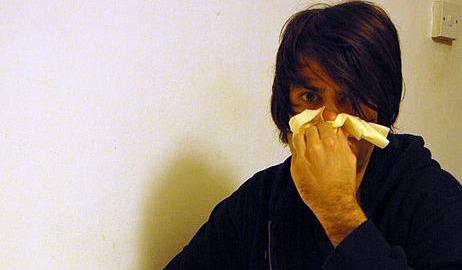A Sick Body Means a Vigilant Mind

What’s the Latest Development?
Recent research suggests that, when we are physically ill, we have subconscious biases against certain groups of people that we believe will transmit disease and make us even more ill. A study just published in Psychological Science says: “When people have been recently sick, and therefore recently activated their physiological immune systems, they are more likely to pay attention to and display avoidance of disfigured faces—which they read, like a rash or a sneeze, as a sign of contagion.”
What’s the Big Idea?
The findings of the study have implications beyond science. “When we’re sick, we tend to show biases against people stereotypically associated with disease—the obese, the elderly, foreigners,” said one of the study’s authors. Avoiding people who might make us sick is hardwired behavior when we ourselves our ill. But we’re taught to be repelled by certain people—like the obese, old, or foreign—who present no threat of contagion. While scientists learn the pathways between psychological and physiological immunity, the rest of us can unlearn our fears and treat people better.





